
Post by : Layla Badr
Nepal has entered a period of political uncertainty and public unrest as Prime Minister KP Sharma Oli resigned following some of the deadliest anti-corruption protests in decades. The country has witnessed shocking violence, widespread chaos, and mass demonstrations that erupted after a social media ban fueled the anger of citizens, particularly the youth.
Protests Turn Deadly
The protests began when the Nepalese government blocked 26 social media platforms, including Instagram and Facebook, citing concerns over fake news, hate speech, and online fraud. This move sparked outrage among millions of young users who rely on social media for communication, entertainment, and business. Despite the government lifting the ban late on Monday, the protests had already gathered significant momentum, turning into a nationwide movement against corruption and political mismanagement.
Stay informed with the latest news. Follow DXB News Network on WhatsApp Channel
On Monday, clashes between anti-corruption demonstrators and the police resulted in the deaths of 19 people. By Tuesday, the unrest had intensified. Crowds in Kathmandu set fire to parliament, causing thick black smoke to rise over the city. Government buildings and the homes of top political leaders were attacked across Nepal. Three more deaths were reported on Tuesday, increasing the total casualties.
The demonstrations, largely spontaneous and without clear leadership, have united citizens under a broader call against corruption. Protesters have been seen waving the Nepalese flag, chanting slogans, and holding rallies near government institutions. Many entered the parliament building, smashing windows and spray-painting graffiti with anti-government messages.
Prison Breaks and Security Concerns
Amid the chaos, Nepal's security system struggled to maintain control. Officials reported that 900 inmates escaped from two prisons in western districts of Nepal. This has added to the sense of disorder and concern for public safety.
The army has issued a warning about the growing unrest. A statement released on Tuesday evening said demonstrators were taking advantage of the situation to loot, vandalize, and set fire to public and private property. It further warned that if the unrest continued, all security institutions, including the Nepal Army, would take necessary measures to restore order, effective from 22:00 local time.
Political Leaders Targeted
The protests have not spared the political elite. In Kathmandu, the headquarters of the Nepali Congress Party, part of the ruling coalition, was torched. The house of its leader, Sher Bahadur Deuba, was also attacked. Prime Minister KP Sharma Oli, who is 73 years old and has served as Nepal’s prime minister four times, saw his residence set on fire.
Oli announced his resignation in a letter to President Ramchandra Paudel, stating:
"In view of the adverse situation in the country, I have resigned effective today to facilitate the solution to the problem and to help resolve it politically in accordance with the constitution."
An aide to the president confirmed that the resignation had been accepted and that discussions had begun to select a new leader, though no replacement has yet been announced.
Public Sentiment and Youth Engagement
Protests have been fueled largely by young people, especially the generation often referred to as “Gen Z.” Many were inspired by a campaign on social media called “nepo kid,” which highlighted the lavish lifestyles of politicians’ children and raised allegations of corruption.
Kathmandu resident Muna Shreshta, 20, told the BBC that corruption has long been a problem in Nepal. She said:
"It has happened now and we are more than happy to witness this and fight for this. I hope this change will bring something positive to us."
Many demonstrators have voiced frustration over how taxes paid by ordinary working people are not effectively used for public development. The youth in particular see the protests as a way to demand accountability from politicians and a more transparent government.
Government Response and Social Media Ban
The government initially justified the social media ban as a tool to curb misinformation and fraud. However, the decision was widely criticized as an attack on free speech and an attempt to suppress dissent. In response to mounting pressure, the government lifted the ban late on Monday night after an emergency meeting. Officials claimed this was done to "address the demands of Gen Z," but by then, the protests had grown uncontrollable.
The first wave of protests saw thousands of young people attempting to storm parliament. Curfews were imposed in several districts, but this did little to halt the demonstrations. The death toll and the extent of damage to public buildings have shocked the nation.
Scenes from Kathmandu
Inside the capital, jubilant protesters were seen dancing and chanting around fires outside parliament. Many held Nepalese flags and shouted slogans calling for an end to corruption. Graffiti and anti-government messages covered the walls of public buildings.
The unrest reflects deep dissatisfaction among citizens with the political system, a lack of trust in government institutions, and frustration over inequality and corruption. Analysts suggest that these protests are unprecedented in Nepal’s recent history due to their scale, intensity, and the direct targeting of both government buildings and politicians' homes.
What Happens Next
With Prime Minister Oli stepping down, the future of Nepal’s government remains uncertain. The process to choose a new leader is underway, but for now, the country appears to lack clear leadership. Security forces are on high alert, and the army has warned of taking control if chaos continues.
Observers are closely watching the situation, noting that the spontaneous nature of the protests makes it difficult to predict how the crisis will unfold. While the protests initially focused on corruption and social media restrictions, they may evolve to address broader political reform and governance issues.
For now, the citizens of Nepal have demonstrated the power of collective action. Their voices, anger, and demands have reshaped the political landscape and forced the resignation of a long-serving prime minister. The nation now faces the challenge of rebuilding order, ensuring public safety, and establishing a leadership that can meet the demands of its people.

From Street Style to Luxury Runways How Modest Fashion Took Over the World
Explore how modest fashion evolved from street style to luxury runways blending tradition style a

Haaland Shines as Norway Crushes Moldova in World Cup Qualifier
Erling Haaland scored five goals as Norway dominated Moldova 11-1, moving closer to a first World Cu
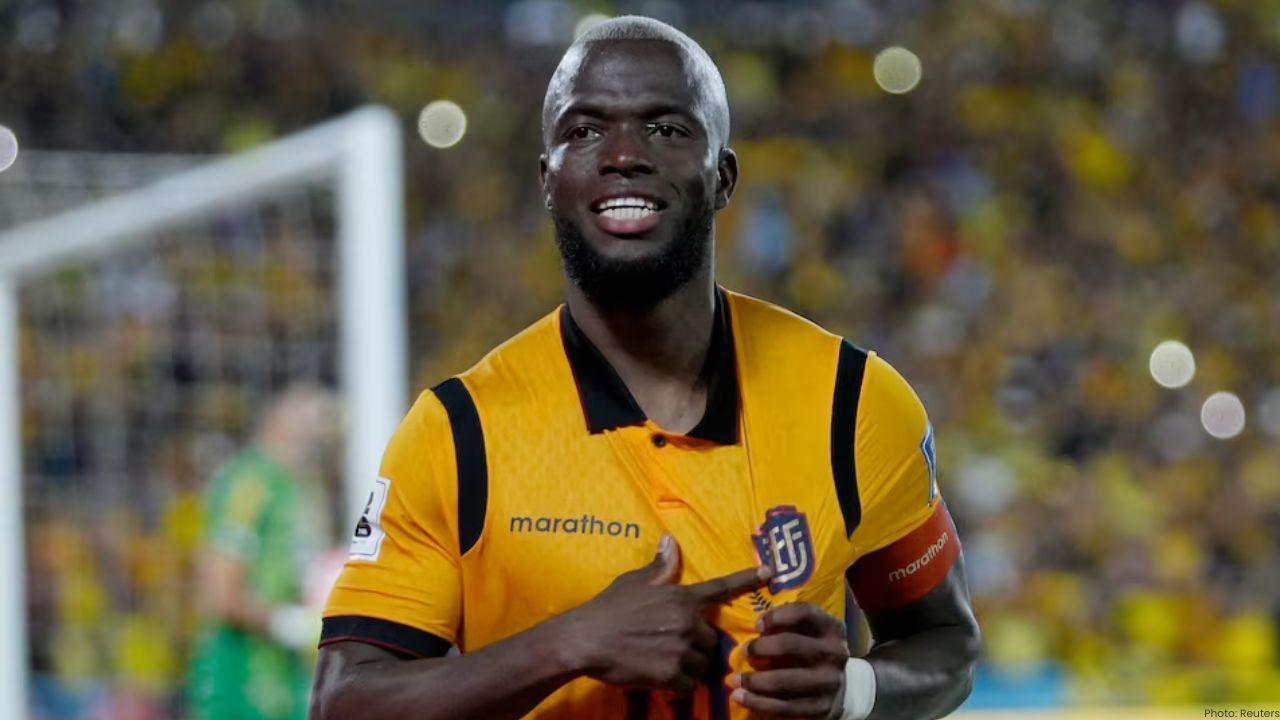
Ecuador Beats Argentina 1-0 in World Cup Qualifier Thriller
Ecuador wins 1-0 against Argentina in World Cup qualifier. Enner Valencia scores decisive penalty as
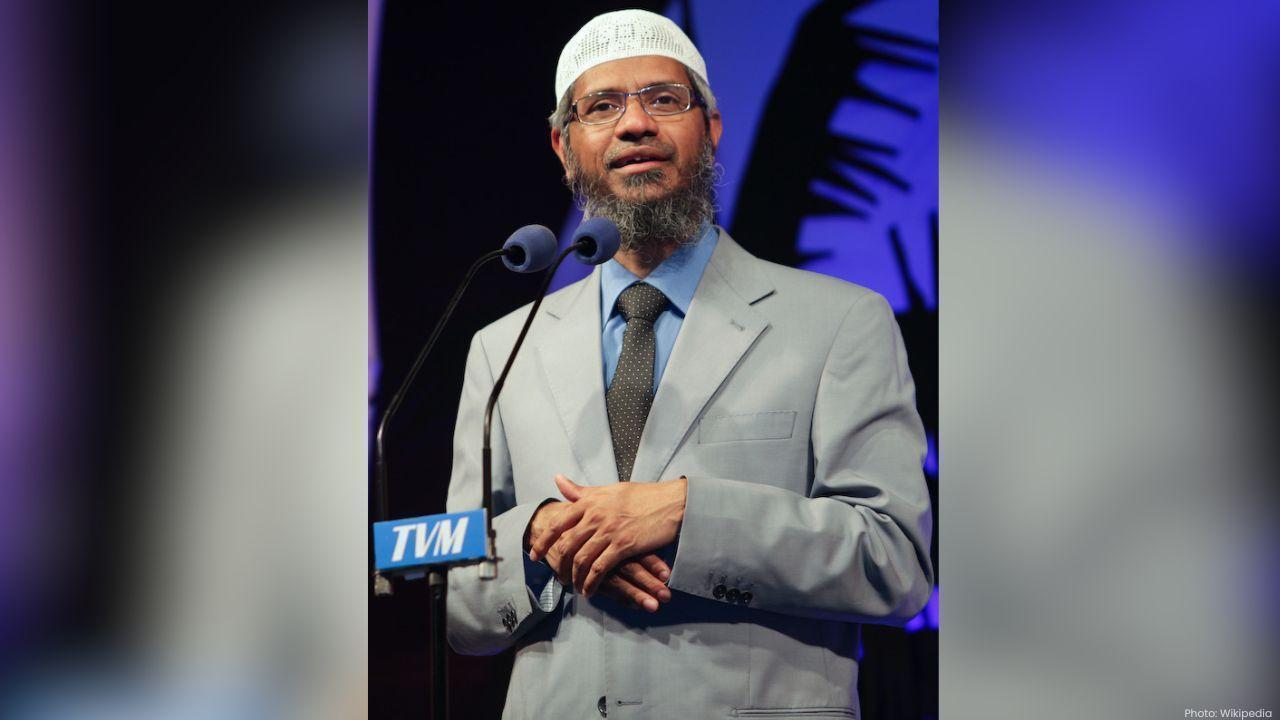
Dr Zakir Naik Denies AIDS Rumours, Lawyer Calls Claims False
Dr Zakir Naik dismissed false rumours of having AIDS. His lawyer confirmed the claims are fake, and

Emerging Emirati Designers Shaping UAE Fashion with Culture and Creativity
Discover how emerging Emirati designers are shaping UAE fashion with culture creativity and sustain

South Korean Woman Acquitted After Decades-Old Self-Defense Case
Choi Mal-ja, wrongly convicted for self-defense decades ago, is finally acquitted, highlighting just
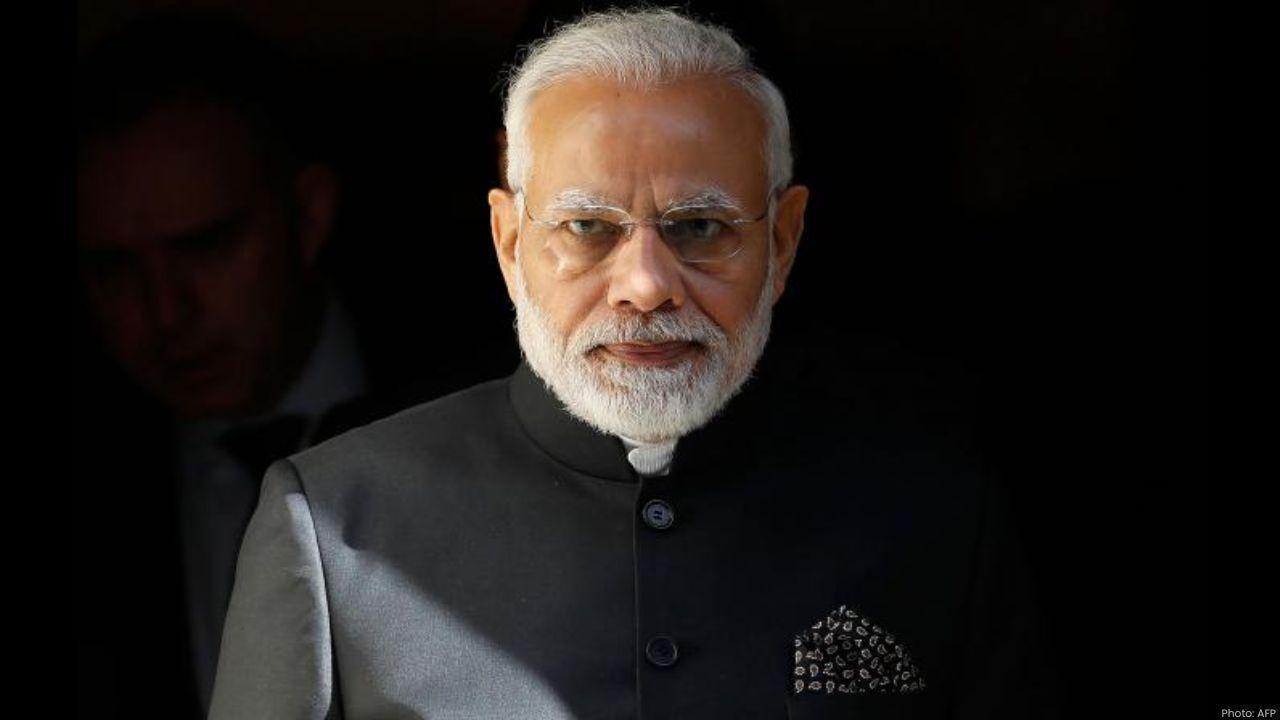
India Advises Citizens to Avoid Nepal Amid Protests and Violence
Indian government urges citizens to stay safe in Nepal, follow local advisories, and contact the emb
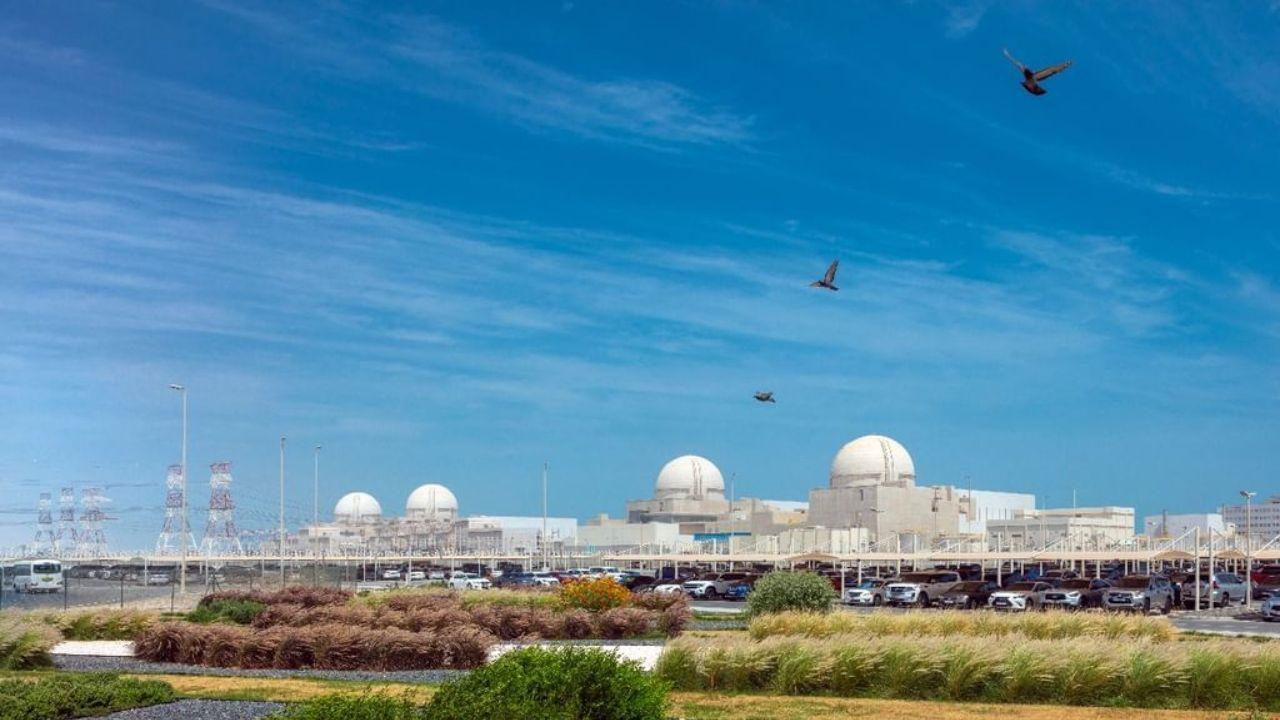
Barakah Nuclear Plant Completes One Year of Full UAE Power Supply
Barakah Nuclear Plant marks one year of full operations, providing 25% of UAE electricity and cuttin
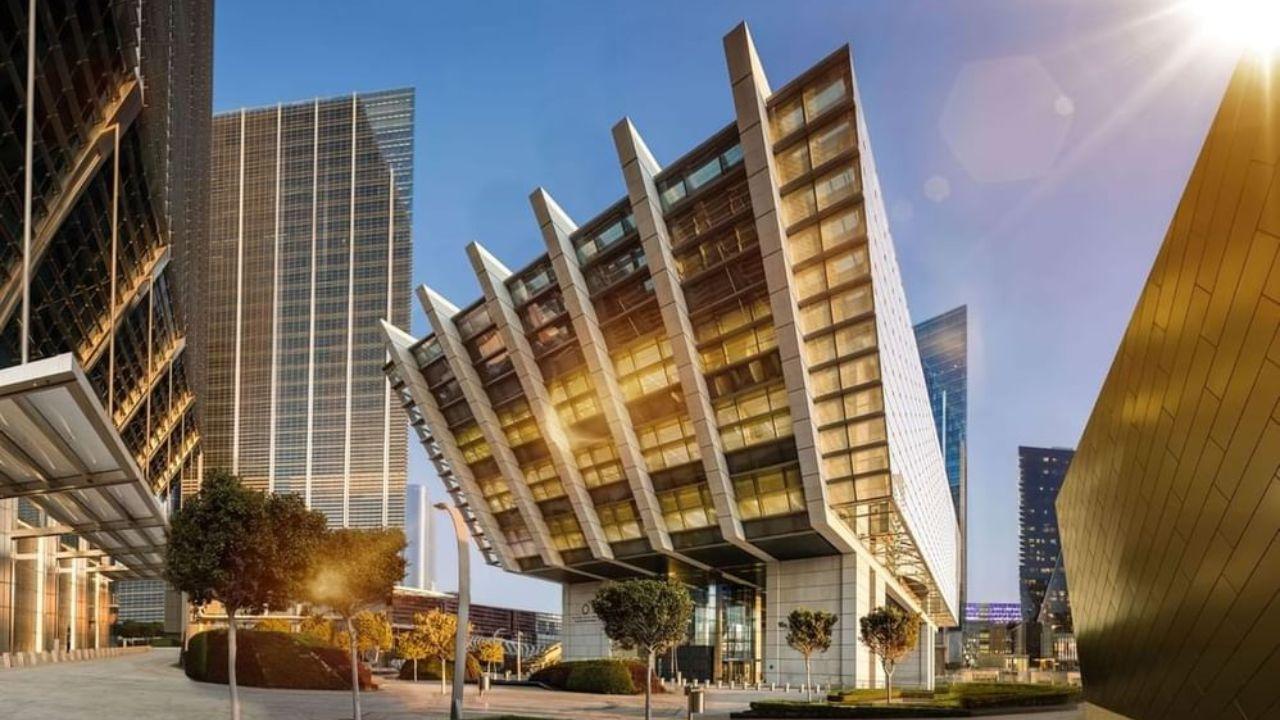
GCC launches unified 2025 guideline to boost investor relations
A new GCC-wide 2025 Investor Relations Guideline aims to unify practices, strengthen transparency an
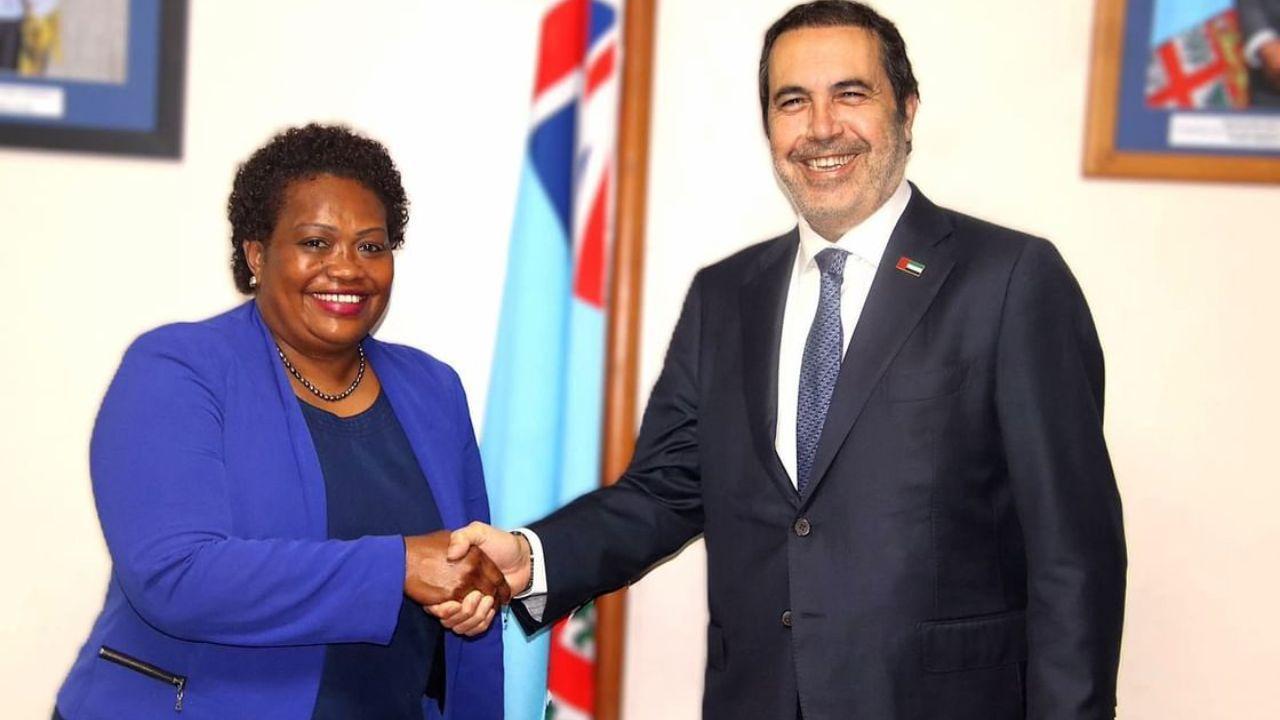
UAE and Fiji explore new paths of cooperation in key growth areas
A UAE delegation visited Fiji to boost ties in economy education sports and climate action, highligh
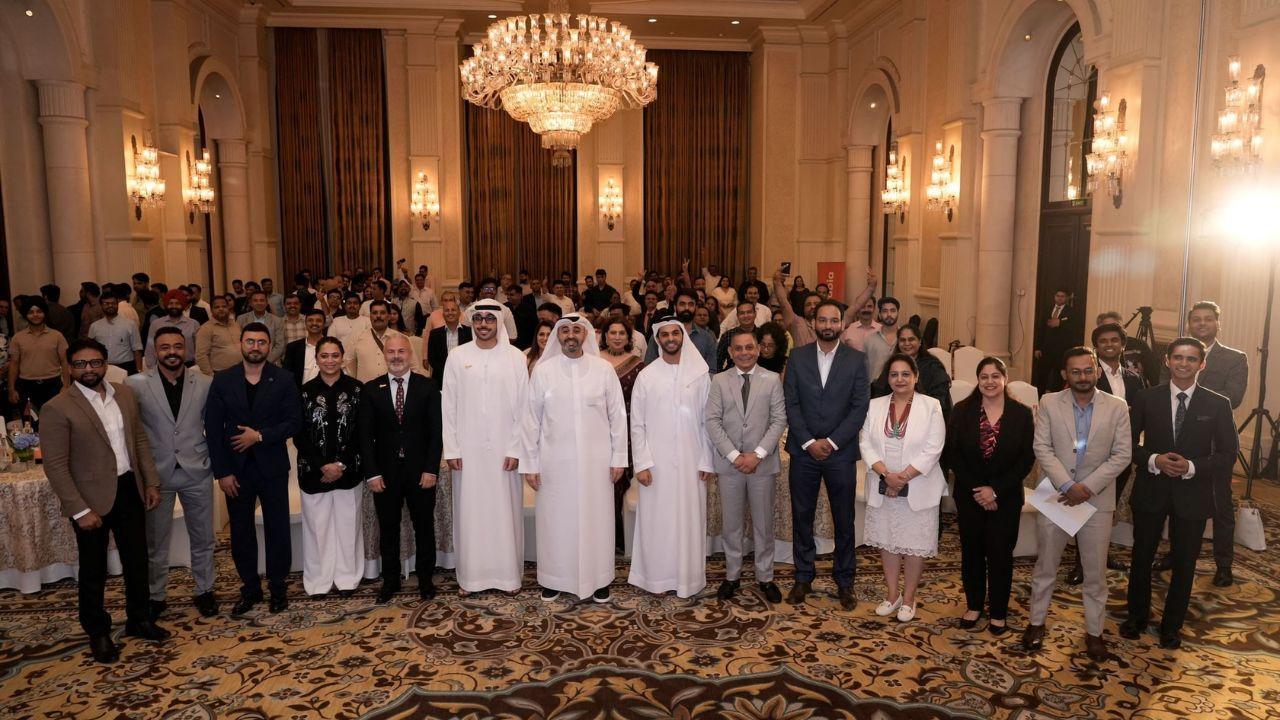
Sharjah boosts India tourism links with 2025 Mumbai Delhi roadshow
Sharjah concluded its India roadshow in Mumbai and Delhi, signing key deals, promoting tourism and r
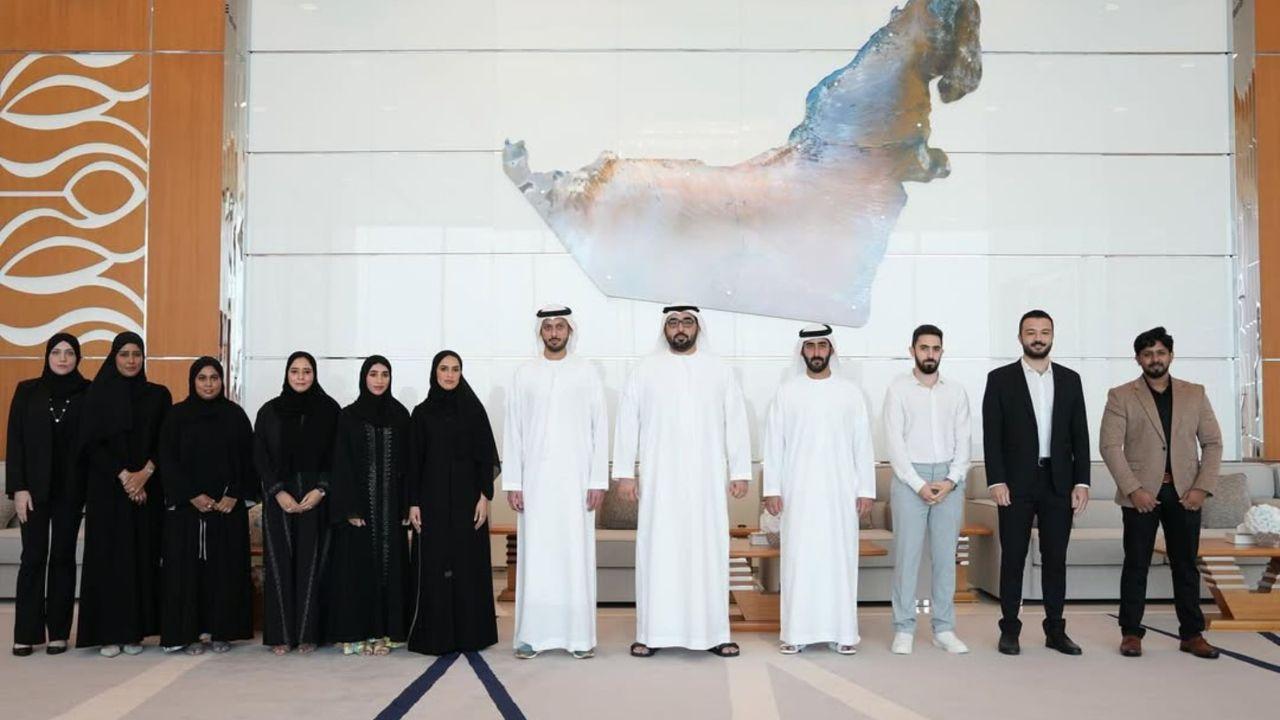
Umm Al Qaiwain Unveils New Tourism Identity for Global Growth
Umm Al Qaiwain launches new identity to boost tourism, highlight heritage and attract global investm
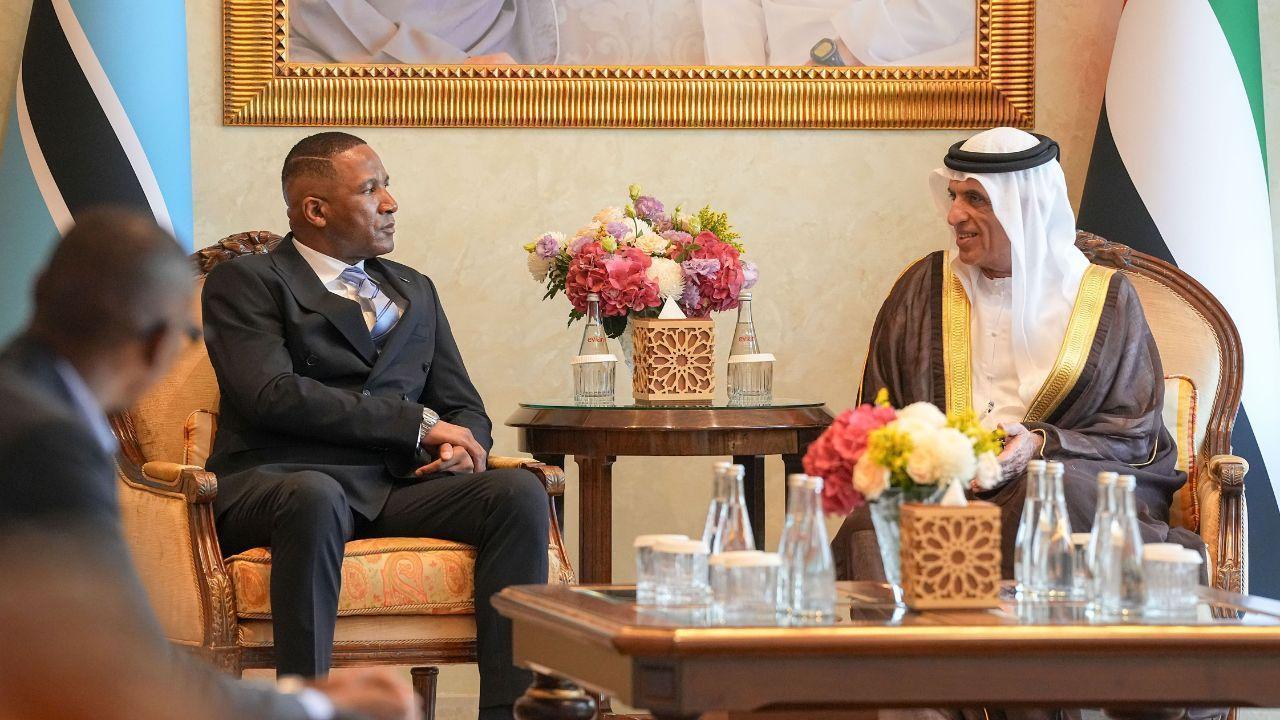
Ras Al Khaimah Ruler meets Botswana President to boost ties
Ras Al Khaimah Ruler welcomed Botswana’s President to discuss stronger ties, economic cooperation an
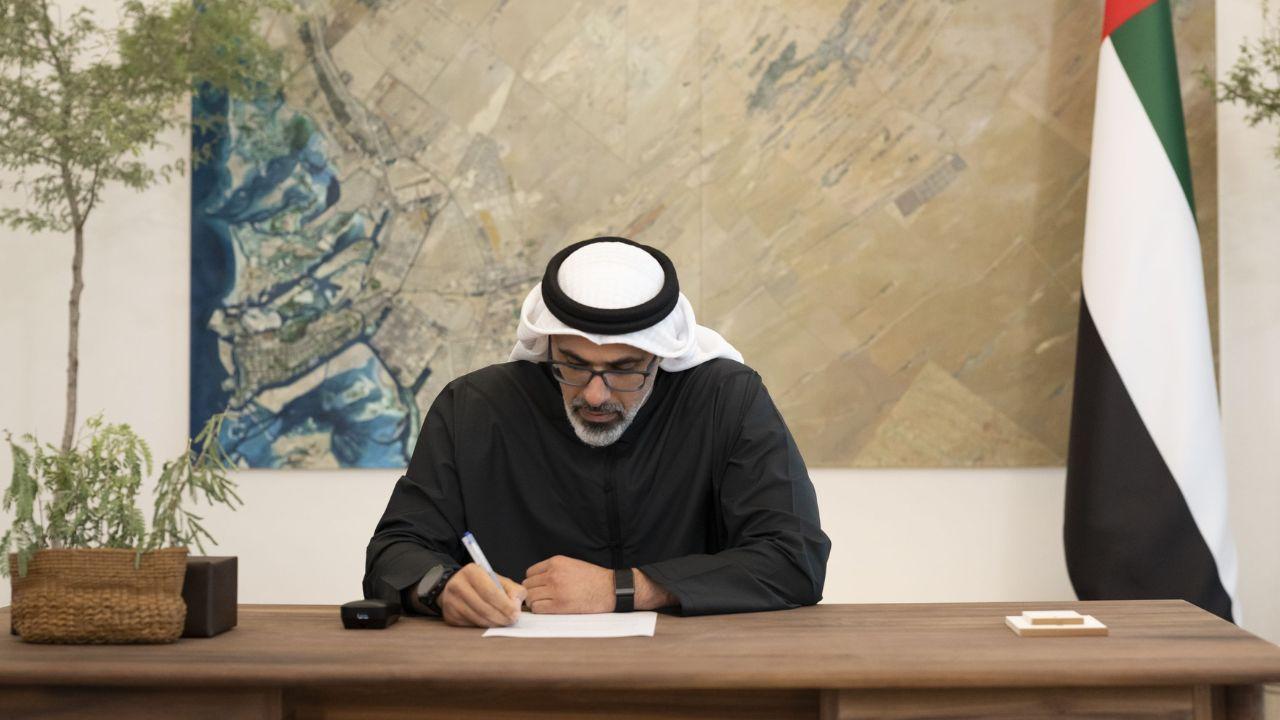
UAE Crown Prince joins BRICS Virtual Summit highlights unity
UAE Crown Prince Khaled bin Mohamed joined the BRICS Virtual Summit, stressing global cooperation, s
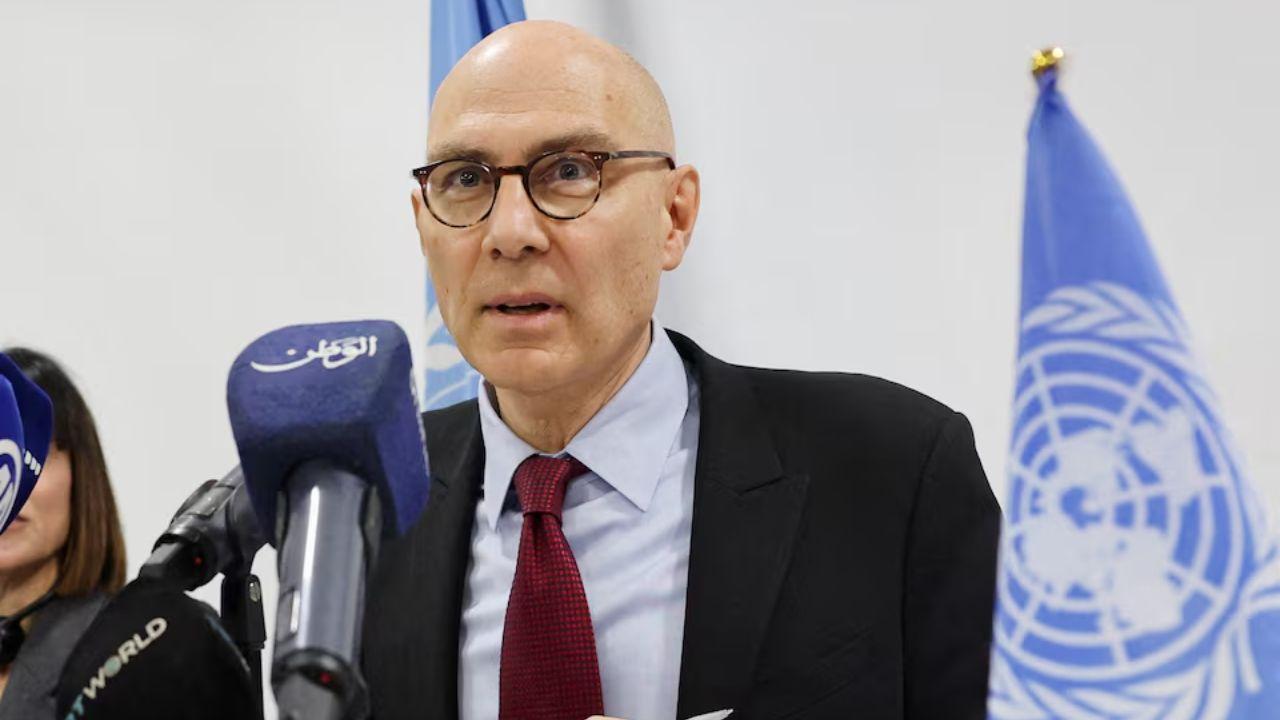
UN Rights Chief Condemns Israel’s Civilian Deaths in Gaza
UN rights chief condemns Israel for mass civilian deaths in Gaza, blocking aid, and using dehumanizi